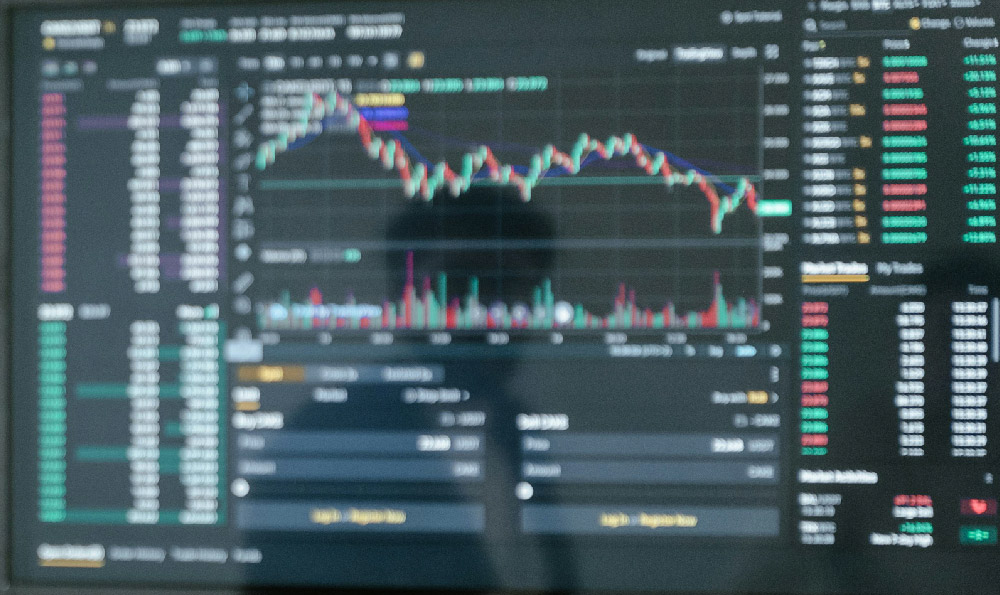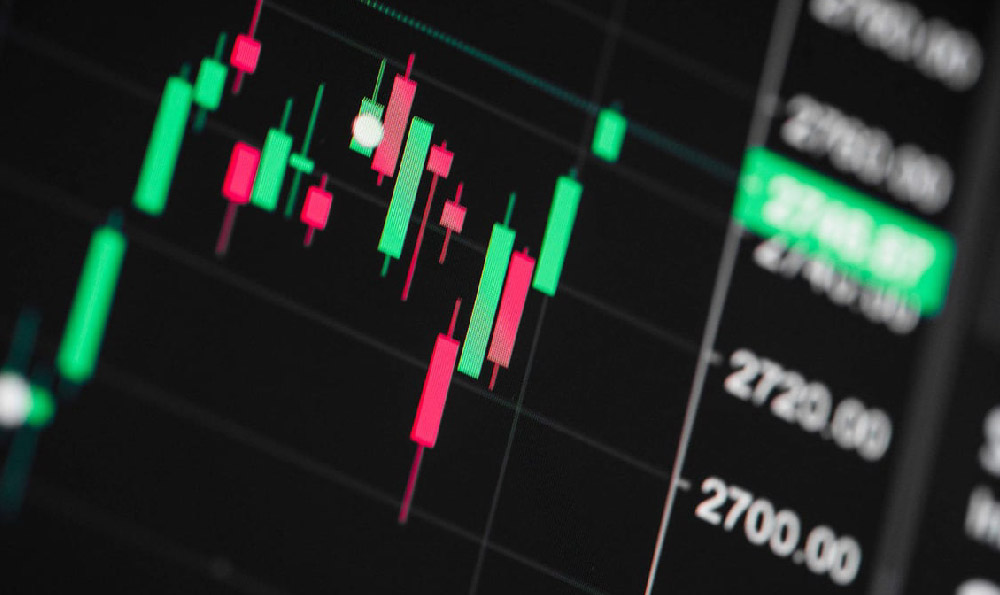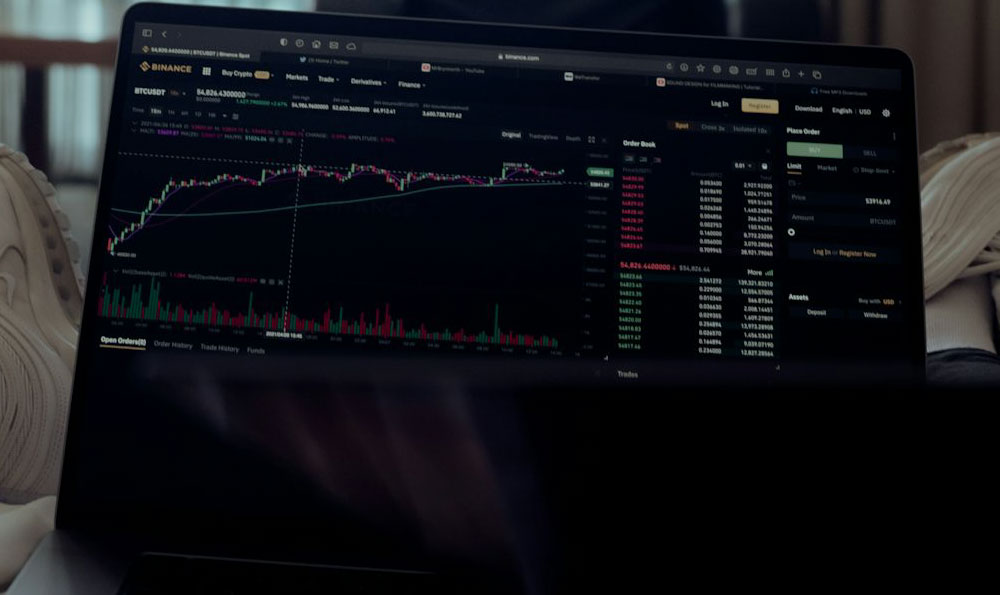Whiskey, often admired for its craftsmanship and taste, has quietly emerged as an intriguing alternative asset class. The world of whiskey investment offers the potential for significant returns, but it's crucial to navigate this spirituous market with knowledge and strategy. Understanding the nuances of this investment vehicle is paramount before diving in.
One of the primary drivers behind the growth of whiskey investment is its finite nature. Unlike stocks or bonds, the supply of aged, rare whiskey is inherently limited. Once a distillery releases a limited-edition bottling, that’s all there will ever be. As time passes, demand for these bottles often increases, driving up their value. This scarcity, coupled with a growing global appreciation for premium whiskey, fuels the potential for appreciation. Moreover, factors like brand reputation, age, and the distillery's history significantly impact a whiskey's investment potential. Bottles from renowned distilleries like Macallan, Bowmore, and Springbank, particularly those with limited releases or from closed distilleries (referred to as "silent distilleries"), are highly sought after by collectors and investors alike.
However, like any investment, whiskey investment comes with its own set of risks. Counterfeiting is a serious concern. The prevalence of fake bottles flooding the market can be devastating for unsuspecting investors. Due diligence is crucial. It’s essential to purchase from reputable sources, such as established auction houses, well-known retailers, or directly from distilleries. Authentication services also exist that can verify the provenance and authenticity of rare bottles. Market volatility is another factor to consider. While the overall trend for rare whiskey has been upward, prices can fluctuate based on various factors, including changes in consumer preferences, economic conditions, and even celebrity endorsements. Understanding these market dynamics is critical for making informed investment decisions. Furthermore, storing whiskey correctly is crucial to preserving its value. Temperature fluctuations, excessive light, and humidity can damage the liquid and the label, thereby impacting its collectibility. Ideally, whiskey should be stored in a cool, dark place with a consistent temperature. Maintaining insurance is also essential to protect against potential loss or damage.

Now, where does one begin their whiskey investment journey? There are several avenues to explore. Investing in individual bottles is the most common approach. This involves purchasing rare or limited-edition whiskeys with the expectation that their value will increase over time. Before investing in individual bottles, thorough research is essential. Track the price history of similar bottles, consider the distillery's reputation, and assess the rarity of the bottling. Online auction platforms dedicated to whiskey have become increasingly popular, providing access to a wide range of rare and collectible bottles. However, it's crucial to thoroughly research the auction house's reputation and ensure they have a robust authentication process. Brick-and-mortar retailers specializing in rare spirits can also be a valuable source, offering expert advice and a curated selection of investment-grade whiskeys.
Another avenue for whiskey investment is through whiskey casks. This involves purchasing an entire cask of maturing whiskey directly from a distillery. This offers the potential for significant returns as the whiskey ages and matures over time. Investing in casks requires a larger initial investment and involves storage and insurance costs. Finding a reputable distillery and understanding the terms of the cask ownership agreement are also crucial. Selling the whiskey after maturation can be complex, requiring navigating regulations and finding buyers.
Whiskey investment funds offer a diversified approach to investing in whiskey. These funds pool capital from multiple investors to purchase a portfolio of rare bottles or casks. This approach reduces risk by spreading investments across multiple assets and provides access to expertise in selecting and managing whiskey investments. However, it's crucial to thoroughly research the fund manager's track record and understand the fund's fees and investment strategy. Like any fund, returns are not guaranteed.
Before making any investment decisions, it's advisable to consult with a financial advisor who understands alternative asset classes. A financial advisor can help you assess your risk tolerance, determine an appropriate allocation to whiskey investment, and develop a comprehensive investment strategy. They can also provide guidance on navigating the legal and tax implications of whiskey investment.
In conclusion, whiskey investment presents an intriguing opportunity to diversify your investment portfolio and potentially achieve significant returns. Understanding the market dynamics, conducting thorough research, and exercising caution are essential for success. Whether you choose to invest in individual bottles, casks, or whiskey funds, approaching this market with knowledge and a long-term perspective is crucial for navigating the risks and reaping the rewards. Remember to treat whiskey investment as part of a broader, well-diversified portfolio, and always prioritize responsible drinking and financial planning.












